Introduction
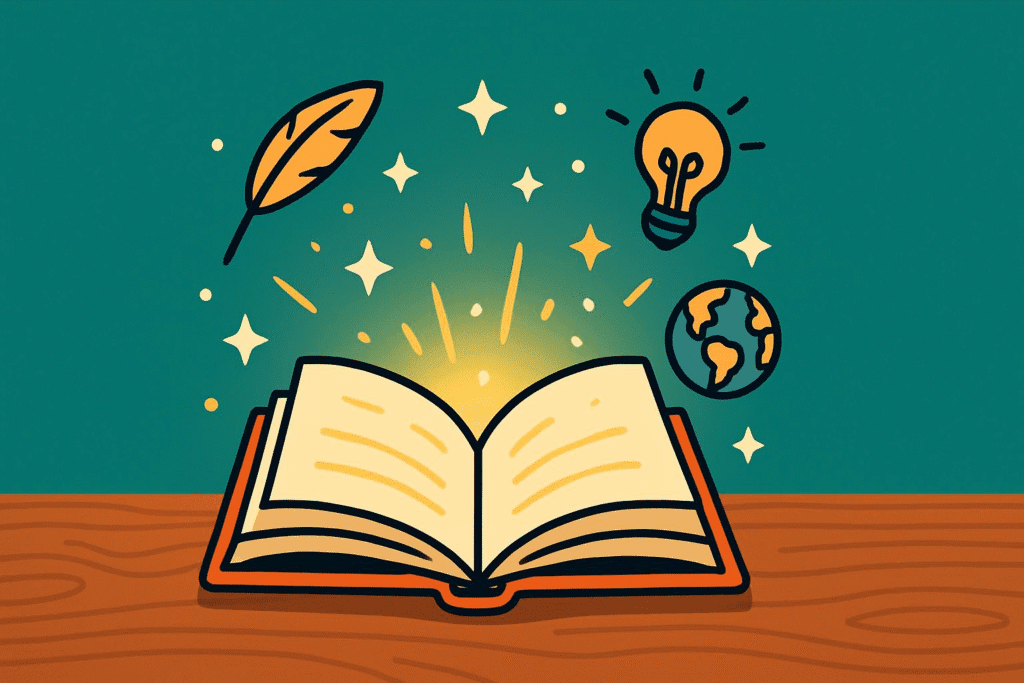
Books have long been our gateways to new worlds, ideas, and emotions. But amidst the billions of books written throughout history, have you ever wondered: which one stands as the undisputed No. 1 in the world? Is it a work of fiction that captured hearts across cultures, or a sacred text that shaped civilizations?
Determining the “No. 1 book” isn’t as straightforward as it seems. Whether it’s based on sales, cultural influence, or sheer longevity, the title of the most impactful book has sparked lively debates for generations. People find themselves in awe of books that not only sell millions but also leave an indelible mark on societies, shaping beliefs and inspiring countless lives.
In this blog, we’ll dive deep into the factors that determine the top book in the world. From analyzing jaw-dropping statistics to uncovering the benefits of reading these iconic works, let’s explore the unparalleled power of the written word. Who knows? Your next favorite book might just be on this list!
What Defines the No. 1 Book?
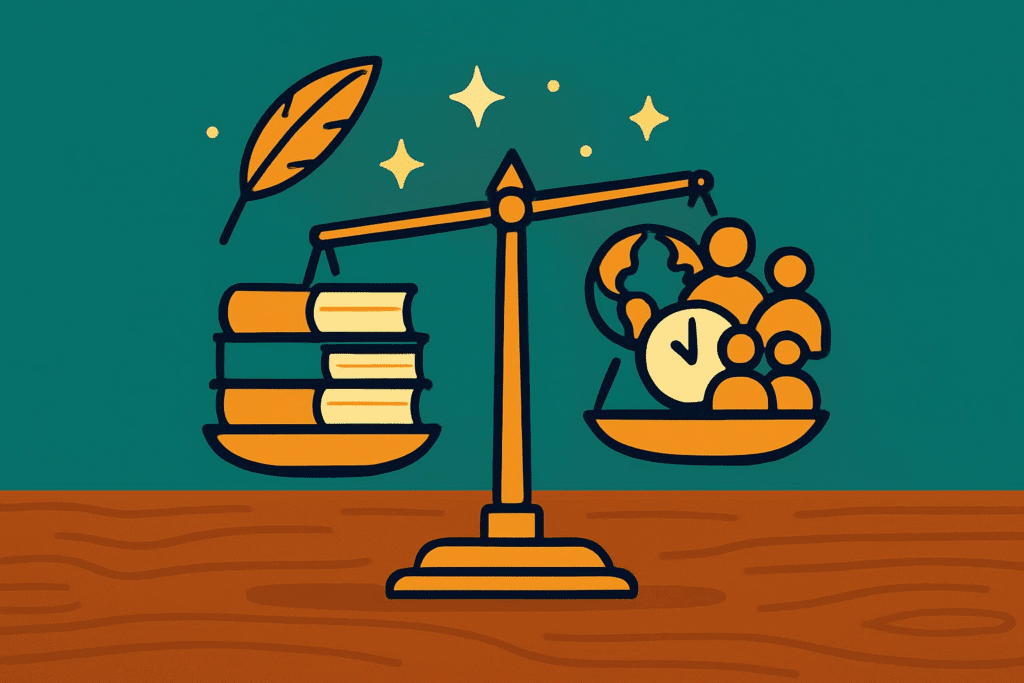
When it comes to determining the No. 1 book in the world, the answer isn’t as simple as picking a title off a shelf. A book’s greatness can be measured by several factors, each carrying its own significance and weight.
First and foremost are sales figures. Books like The Bible, The Quran, and Harry Potter have sold hundreds of millions, if not billions, of copies worldwide. These staggering numbers highlight not only the popularity of these works but also their ability to transcend cultural and geographical boundaries. A book that can be found in households in every corner of the globe surely deserves its place in the conversation.
Historical significance is another crucial factor. Some books have shaped the way societies think, govern, or even live their daily lives. For example, religious texts such as The Bible or The Quran have guided spiritual and moral practices for centuries. On the other hand, political writings like Quotations from Chairman Mao Tse-Tung influenced the governance of a nation, leaving a profound imprint on modern history.
Finally, cultural influence and timeless appeal set certain books apart. Fictional works like Don Quixote and To Kill a Mockingbird have not only entertained generations of readers but also sparked important conversations about humanity, morality, and justice. A book that resonates with readers, challenges societal norms, and evokes emotions stands as a testament to the power of storytelling.
The definition of the No. 1 book may vary depending on individual priorities—whether it’s literary brilliance, societal impact, or simple popularity—but all these factors combine to define the works that stand out above the rest.
Statistics: Best-Selling Books of All Time
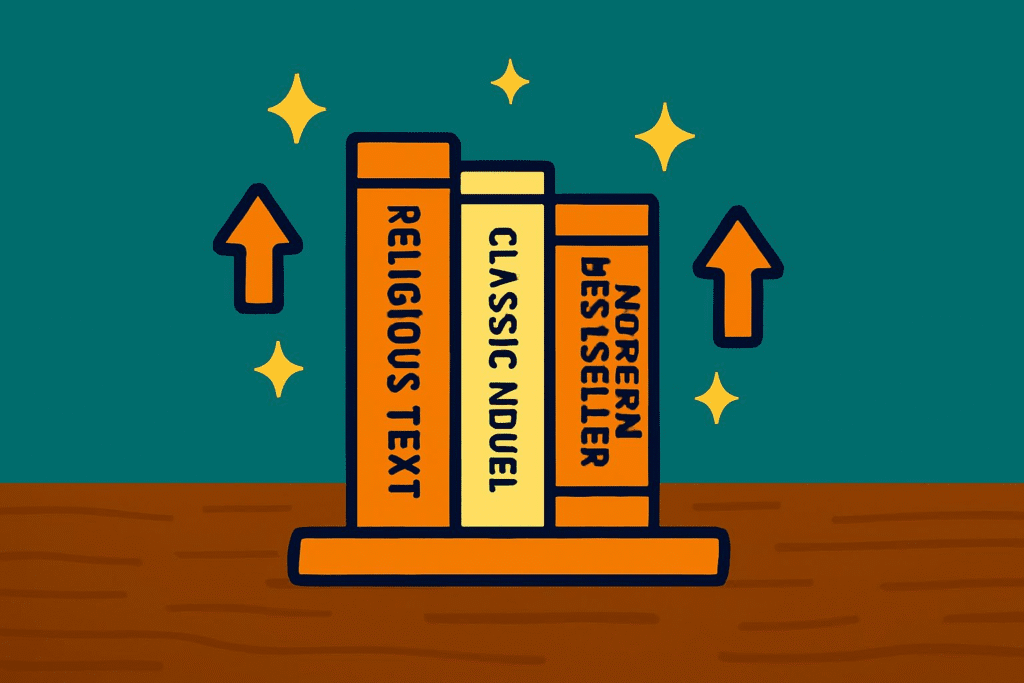
Numbers don’t lie, and when it comes to determining the No. 1 book in the world, sales statistics offer compelling insights. Let’s take a look at some of the most widely distributed books in history, supported by astonishing figures that underscore their global appeal.
- The Bible: Leading the list with approximately 5 billion copies sold, The Bible remains a cornerstone of faith for billions of people worldwide. Its teachings have been translated into over 3,000 languages, making it accessible to readers from all walks of life.
- Quotations from Chairman Mao Tse-Tung: Known as the “Little Red Book,” this political manifesto has sold an estimated 1.1 billion copies. During the height of Mao Zedong’s leadership in China, the book was widely distributed and held as a symbol of ideological commitment.
- The Quran: With about 800 million copies sold, The Quran has profoundly shaped the spiritual lives of Muslims across the globe. It stands as a guiding text for believers and has been translated into numerous languages to reach a diverse audience.
- Harry Potter Series: Moving into modern literature, J.K. Rowling’s magical series has enchanted readers of all ages, selling over 500 million copies globally. The books have inspired movies, merchandise, and even theme parks, securing their place in popular culture.
These statistics reveal that the “No. 1 book” may vary depending on the metrics we consider. Religious texts dominate in sheer numbers, while novels like Harry Potter showcase the power of fictional storytelling in engaging and connecting people worldwide.
Honourable Mentions
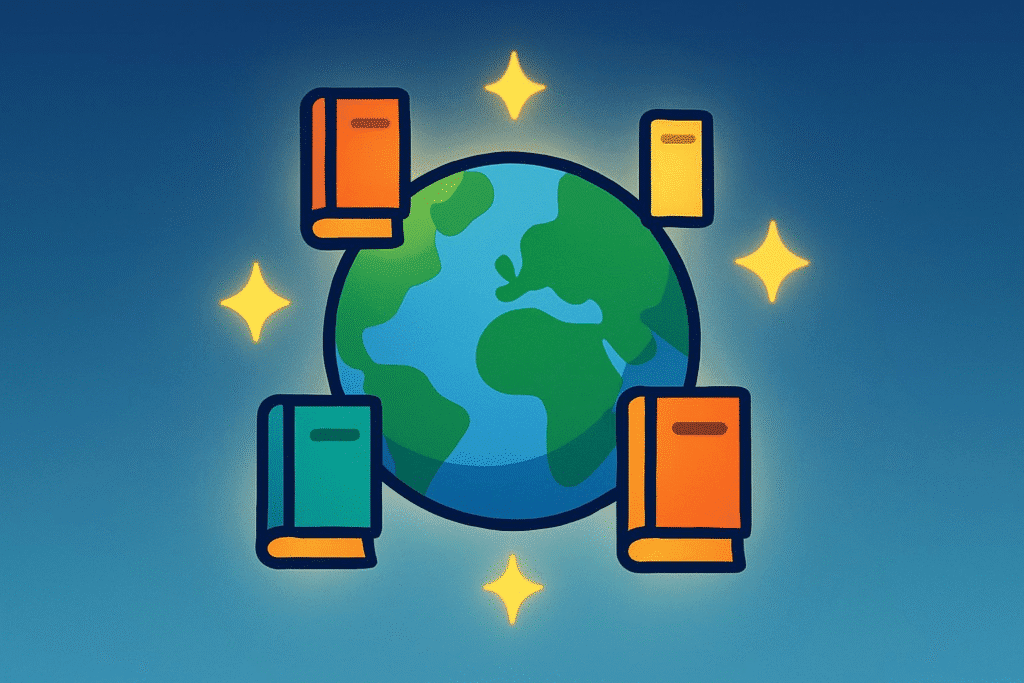
While some books dominate the rankings in terms of sales and global influence, there are countless other masterpieces that deserve recognition for their literary brilliance and cultural impact. These books may not hold the title of “No. 1” in the world, but their timeless stories and lessons have left an indelible mark on readers.
- Don Quixote by Miguel de Cervantes
Often considered the first modern novel, Don Quixote has captivated readers for centuries with its themes of idealism, humanity, and humor. Its influence on literature cannot be overstated, and its tale of an unlikely hero continues to resonate. - The Alchemist by Paulo Coelho
With over 65 million copies sold, The Alchemist is a modern-day classic that inspires readers to chase their dreams and find meaning in their journeys. Its simple yet profound storytelling has made it beloved across cultures. - Pride and Prejudice by Jane Austen
A cornerstone of English literature, Austen’s iconic work explores themes of love, societal norms, and self-discovery. Pride and Prejudice has been celebrated for generations and continues to enchant readers worldwide. - One Hundred Years of Solitude by Gabriel García Márquez
This masterpiece of magical realism has become a defining work of Latin American literature. Its richly woven narrative and themes of family, time, and destiny have earned it critical acclaim and devoted fans. - The Hobbit by J.R.R. Tolkien
A precursor to the legendary Lord of the Rings trilogy, The Hobbit introduced readers to the fantastical world of Middle-earth. Its imaginative storytelling and memorable characters have cemented its place in literary history.
These honourable mentions remind us that the “No. 1 book” isn’t always the most widely sold—it’s often the one that leaves a lasting impression on our hearts and minds.
Books That Changed the World
Throughout history, there have been books that didn’t just inform or entertain—they transformed societies and altered the course of humanity. These groundbreaking works are more than just literary treasures; they are catalysts for change.
On the Origin of Species by Charles Darwin
Published in 1859, this revolutionary book laid the foundation for the theory of evolution by natural selection. On the Origin of Species not only redefined biology but also sparked profound debates in science and religion. Its influence continues to shape our understanding of the natural world.
The Communist Manifesto by Karl Marx and Friedrich Engels
This seminal work, published in 1848, became the blueprint for many socialist and communist movements worldwide. Its powerful critique of capitalism and vision for a classless society ignited revolutions and continues to inspire political discourse.
Uncle Tom’s Cabin by Harriet Beecher Stowe
First published in 1852, this novel played a pivotal role in the abolitionist movement in the United States. By portraying the inhumanity of slavery, Uncle Tom’s Cabin changed public opinion and mobilized support for the fight against slavery.
Silent Spring by Rachel Carson
This 1962 book is often credited with launching the environmental movement. Carson’s warnings about the dangers of pesticides inspired regulations and a global push for environmental conservation.
A Brief History of Time by Stephen Hawking
Published in 1988, this book brought complex scientific concepts like black holes and the Big Bang Theory into the mainstream. Hawking’s work not only made science accessible but also sparked curiosity and fascination among millions of readers.
These books remind us of the immense power of the written word. They don’t merely reflect the world—they shape it, proving that a single book can leave a mark on humanity for generations.
Cultural and Regional Favourites
While some books enjoy global fame, every culture cherishes literary works that resonate deeply within its unique traditions and history. These regional favorites might not top worldwide sales charts, but their significance is undeniable.
India: The Mahabharata and The Ramayana
India is home to two epic tales that have shaped its culture for millennia: The Mahabharata and The Ramayana. These ancient texts offer profound life lessons on duty, morality, and spirituality while preserving the country’s rich storytelling heritage. They continue to be retold in various forms, from television dramas to modern novels.
Latin America: One Hundred Years of Solitude
Gabriel García Márquez’s One Hundred Years of Solitude holds a special place in Latin American literature. The novel’s magical realism and exploration of family legacies have made it a cultural icon in the region, inspiring countless writers to embrace similar narrative styles.
Japan: The Tale of Genji
Regarded as the world’s first novel, The Tale of Genji by Murasaki Shikibu provides a glimpse into Japan’s Heian-era court life. Its poetic prose and timeless themes of love and impermanence have secured its place in Japanese literary history.
Russia: War and Peace
Leo Tolstoy’s War and Peace stands as a monumental work in Russian literature, revered for its depth and realism. The novel captures the complexities of human nature and society, reflecting the historical and cultural backdrop of 19th-century Russia.
Middle East: The Rubáiyát of Omar Khayyám
This collection of quatrains, attributed to the Persian poet Omar Khayyám, reflects the region’s rich literary tradition. Its themes of love, fate, and the fleeting nature of life have resonated across centuries, making it a beloved classic.
By diving into these cultural and regional treasures, readers can gain a deeper appreciation of how literature reflects the values and identities of different societies. These works remind us that the power of a great story transcends borders.
Benefits of Reading These Iconic Books
Books are more than just ink on paper—they hold the power to transform lives. From the spiritual guidance of religious texts to the escapism offered by modern novels, every iconic book brings unique benefits to its readers.
Spiritual Growth and Wisdom
Religious texts like The Bible and The Quran provide moral and ethical guidance, helping readers navigate the complexities of life with faith and purpose. These works encourage reflection, offering profound wisdom that has shaped the beliefs of countless individuals across generations.
Cultural Awareness and Historical Insight
Books like Quotations from Chairman Mao Tse-Tung give readers a glimpse into historical movements and ideologies. Understanding these texts allows us to learn from the past and recognize the events that shaped societies worldwide. They act as windows into eras we may never experience firsthand.
Entertainment and Emotional Connection
Modern bestsellers like Harry Potter or The Alchemist deliver more than just entertainment—they evoke emotions, spark imagination, and offer valuable life lessons. They have the power to connect readers to characters and stories, making us laugh, cry, and think deeply about ourselves and the world.
Universal Inspiration
Iconic books unite people from diverse backgrounds through shared themes and universal truths. They encourage empathy, foster communication, and inspire creativity in ways few other mediums can achieve.
No matter which book resonates most with you, the simple act of reading creates opportunities for personal growth, cultural enrichment, and connection to humanity’s shared experiences.
The Role of Technology in Book Popularity
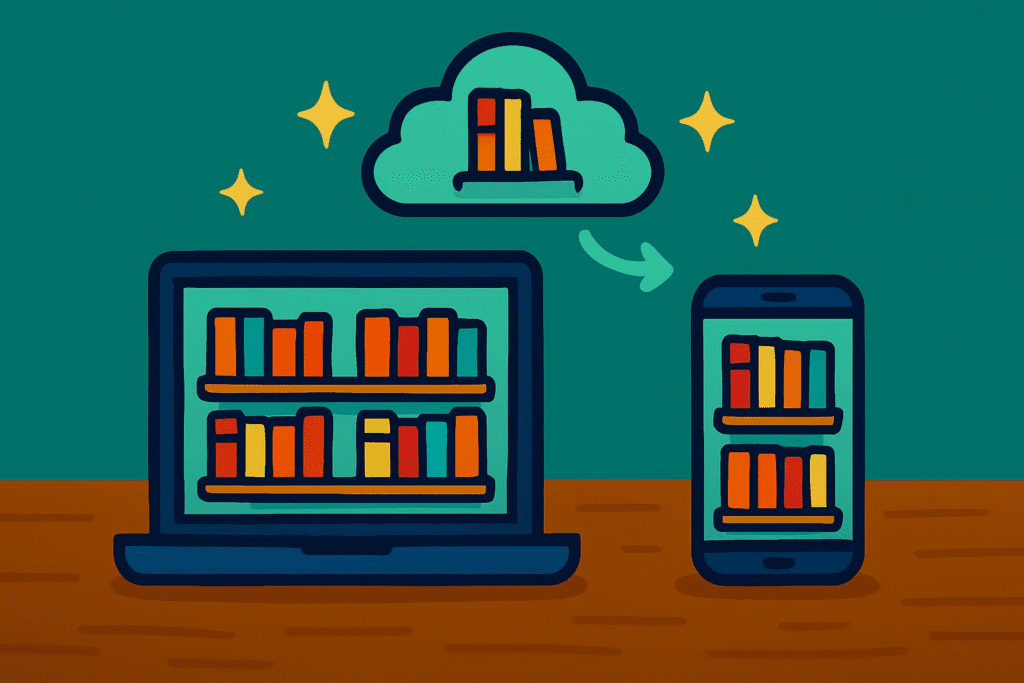
In the digital age, the journey of books from print to readers’ hands has transformed dramatically. Technology has played a pivotal role in increasing accessibility and redefining global popularity, paving the way for more books to claim the spotlight.
E-Books and Audiobooks
With the rise of e-books and audiobooks, readers can now carry entire libraries in their pockets. Platforms like Kindle and Audible have revolutionized reading habits, allowing books like Harry Potter and The Alchemist to reach new audiences who prefer digital formats. Audiobooks, in particular, have made literature more accessible for people with busy lifestyles or visual impairments.
Online Bookstores and Global Reach
Websites like Amazon have disrupted traditional publishing and distribution. Books are now available across continents, breaking geographical barriers. Modern bestsellers achieve immediate worldwide success thanks to pre-orders, e-commerce, and direct-to-reader shipping.
Social Media and Viral Trends
Social media platforms like Instagram and TikTok have fostered trends such as #BookTok, where viral book recommendations skyrocket sales. For example, books like It Ends With Us by Colleen Hoover gained immense popularity through reader reviews and shares, reshaping the landscape of modern bestsellers.
Digital Publishing
Self-publishing tools and online platforms have enabled authors to reach readers directly. Aspiring writers no longer need to depend solely on traditional publishers, giving rise to breakout successes in genres from romance to science fiction.
Technology has democratized access to books, making it easier for both timeless classics and modern masterpieces to find their place among the world’s favorites. It’s a powerful reminder of how innovation continues to redefine the way we experience literature.
Conclusion
Books have an extraordinary ability to shape lives, cultures, and even the course of history. From the spiritual guidance found in religious texts like The Bible and The Quran to the magical escapism of modern classics like Harry Potter, each book brings its own unique contribution to the tapestry of human experience.
While the title of “No. 1 book in the world” may vary depending on how you measure it—be it sales figures, cultural impact, or personal significance—what remains constant is the timeless appeal of the written word. These iconic books remind us of the power of storytelling, the importance of understanding diverse perspectives, and the joy of discovering new ideas.
As you explore the works mentioned in this blog, remember that the true value of a book lies not just in its popularity but in the way it resonates with you. Whether you seek knowledge, inspiration, or pure entertainment, there’s always a story waiting to change your life. So pick up a book today—you might just find your own “No. 1.”
Does this wrap it up in a way that feels inspiring and complete to you? Let me know if you’d like any adjustments or enhancements!
FAQ’s
What is the most sold book in the world?
Explore the sales figures of iconic books like The Bible, The Quran, and Harry Potter. Discuss why these books have achieved such widespread popularity.
Why is The Bible considered the No. 1 book?
Dive into the historical, cultural, and spiritual significance of The Bible. Highlight its influence on societies and its unparalleled distribution.
Are religious texts ranked differently from novels
Explain the distinction between religious texts and fictional works in terms of sales, impact, and purpose. Discuss why both categories are often included in rankings.
Which modern book has the potential to become No. 1?
Analyse the popularity of contemporary bestsellers like Harry Potter, The Alchemist, or The Lord of the Rings. Discuss their cultural impact and future potential.
How do translations affect a book’s global ranking
Discuss how the availability of translations contributes to a book’s reach and popularity. Highlight examples of widely translated books like The Quran and Don Quixote.
